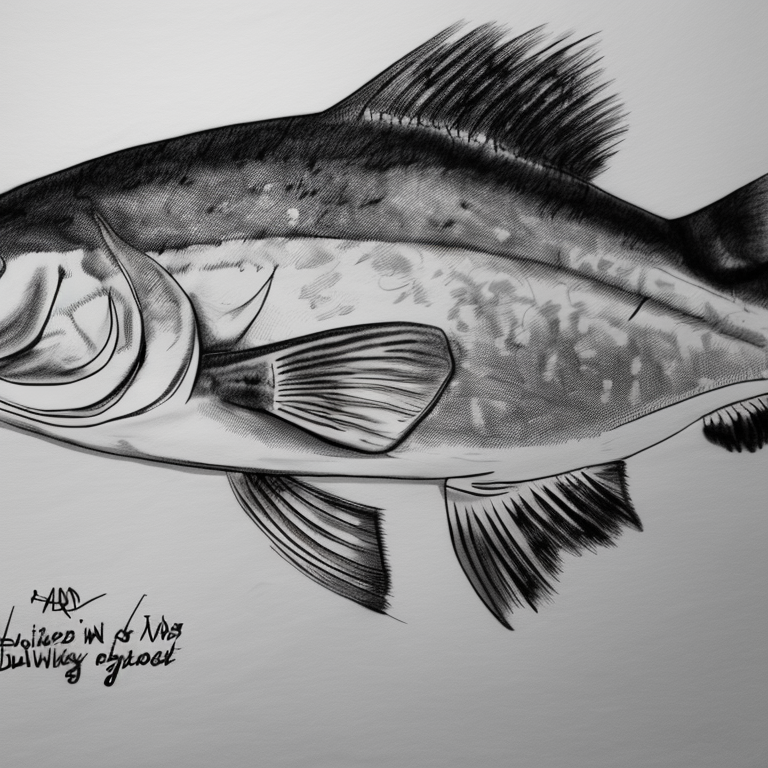Salmon, a fish belonging to the genus Oncorhynchus and genus Salmo, is an important migratory Atlantic species found in the Northern Hemisphere. It is most commonly found in the Pacific and Atlantic Oceans, as well as in Europe, North America and Asia. Salmon is a superfood, packed with nutrients and health benefits.
Salmon is an excellent source of omega-3 fatty acids, which are essential for a healthy heart. These fatty acids help reduce high cholesterol, lower blood pressure and reduce the risk of heart disease. Eating salmon can also help support brain function, due to its high levels of omega-3 fatty acids, which help to protect the brain from inflammation and oxidative stress. Omega-3 fatty acids can also help to protect against age-related cognitive decline.
Salmon is also a great source of high-quality protein and vitamins, including vitamin D, B vitamins, selenium and phosphorus. Eating salmon can help support healthy ageing, as its high levels of omega-3 fatty acids, vitamin D and antioxidants can help to protect against age-related diseases such as cancer and Alzheimer’s.
Salmon is also a safe option for those looking to eat sustainable seafood. It is a low-mercury fish and is farmed in an environmentally responsible manner. Salmon is also a great option for those looking to add more seafood to their diets without breaking the bank.
In conclusion, salmon is a nutrient-rich superfood with many health benefits. Eating salmon can help support a healthy heart, brain function and healthy ageing. Salmon is also a safe and sustainable seafood option, making it a great choice for those looking to add more seafood to their diets.

